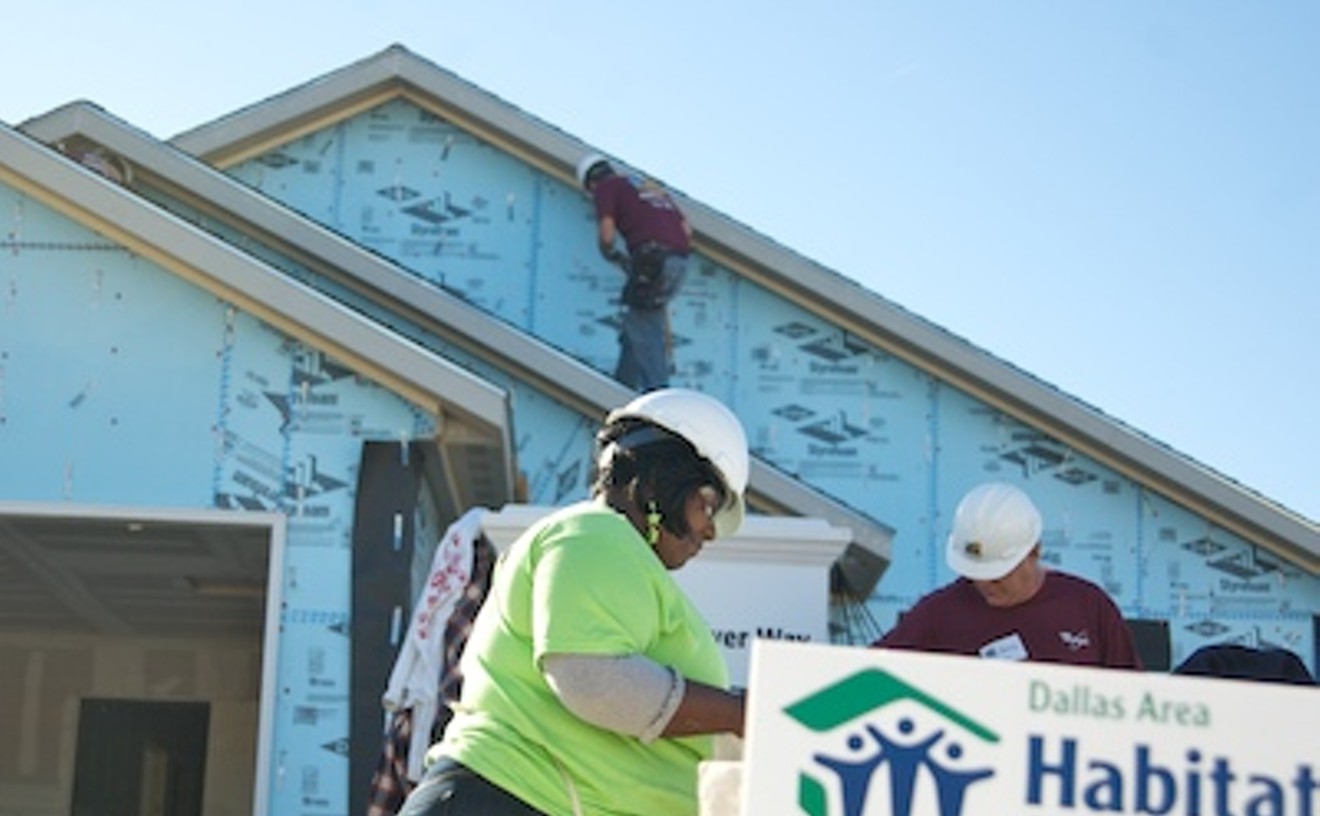Here's Madea's appeal: All of us, and I mean all of us, have a Madea in our lives. She may be a combination of people, but we all know her. For me, Madea is my Aunt Pearl. This is the woman who, on a family outing to the River Walk in San Antonio, jacked me up by my bangs—literally—because I wandered off from the group. She didn't care that there were hundreds of people around. Nor did she care that my own parents were there. They're scared of her too. She would have jacked them up by their bangs had they said something impertinent. Or more recently, she commenced to beat her great-grandson Deuce with the strap of her purse while sitting in floor seats, no less, at a Houston Rockets game. Do you think Aunt Pearl cared if 18,000 people at the Toyota Center might take exception to the public flogging of a 4-year-old? No. And I pity the fool who might have tried to intervene.
Madea puts the "tough" in tough love. If you haven't caught it, Madea is actually a term of endearment. We use it to refer to our mothers or grandmothers—it's just a shortened, run-together and Southern-fried way of saying Mother Dear. Like Aunt Pearl, and in spite of their proneness to excessive force, we love the Madeas in our lives. They look out for us. They got our backs. They teach us valuable life lessons. And they make us laugh.
But the darker side of Madea's stories also connects us to this character. Domestic violence, drug addiction, juvenile delinquency—none of these are exclusive to the black family, yet many of us know the pain of these issues. Tyler Perry's genius in combining serious matters with such outrageous comedy is the reason why this works for us. When you don't have $145 an hour to see a therapist, comic relief--along with faith and family--is the ticket. And that's why Madea wins at the box office and on the Chitlin' Circuit.
Call it base. Call it inartistic. Call it lowbrow, but I call it funny—black-folk funny. —Stephanie Morris
(For a different perspective, see Andrea Grimes' review of the play Madea Goes to Jail in today's Dallas Observer.)










